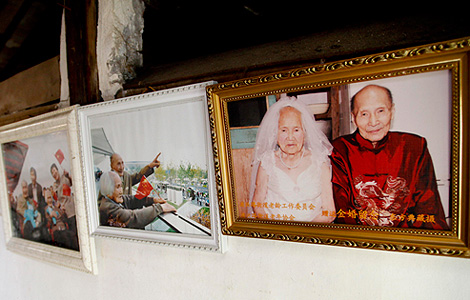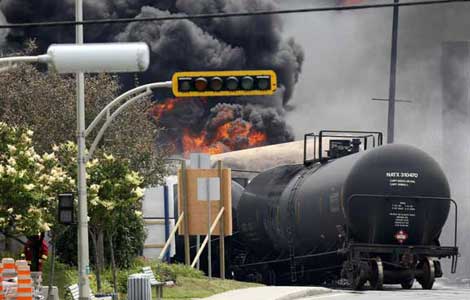
CAIRO - At least 24 people died across Egypt on Friday as Islamists opposed to the overthrow of President Mohamed Morsi took to the streets to vent their fury at what they say was a military coup.
Fierce clashes in the Mediterranean city of Alexandria left 12 dead and 200 injured, while in Cairo, five people were killed as pro- and anti-Morsi protesters ran amok in central areas and armoured personnel carriers rumbled among them to restore calm.
Five police officers were gunned down in separate incidents in the North Sinai town of El Arish, and while it was not clear whether the attacks were linked to Morsi's ouster, hardline Islamists there have warned they would fight back.
Tens of thousands of people marched across the country in what Morsi's Muslim Brotherhood movement called a "Friday of Rage" to demonstrate against his overthrow and the army-backed interim government being set up to prepare for new elections.
A new prime minister could be named as early as Saturday.
Egypt's first freely elected president was toppled on Wednesday, the latest twist in a tumultuous two years since the fall of Hosni Mubarak in the Arab Spring uprisings that swept the region in 2011.
The events of the last week have aroused concern among Egypt's allies in the West, including key donors the United States and the European Union, and in neighbouring Israel, with which Egypt has had a U.S.-backed peace treaty since 1979.
Friday's fatalities added to the dozens of deaths in a month of unrest. Last Sunday, huge rallies in Cairo and other cities called for Morsi's resignation, venting anger over economic stagnation and perceptions of a Brotherhood power grab.
His overthrow was greeted with wild scenes of celebration but infuriated supporters who fear a return to the suppression of Islamists they endured under generations of military rule.
It has deepened Egypt's crisis. With its supporters enraged by Morsi's removal from power, the Brotherhood says it wants nothing to do with what the army has billed as an inclusive transition plan, culminating in fresh elections.
The military has given scarce details - its road map gave no timeframe for a new ballot - adding to political uncertainty at a time when many Egyptians fear violence could polarise society even further.
Leftist former presidential candidate Hamdeen Sabahi said he hoped the transition could last only six months. And, in common with allies on the liberal left, he insisted there had been no military coup. He called the idea an insult to Egypt.







